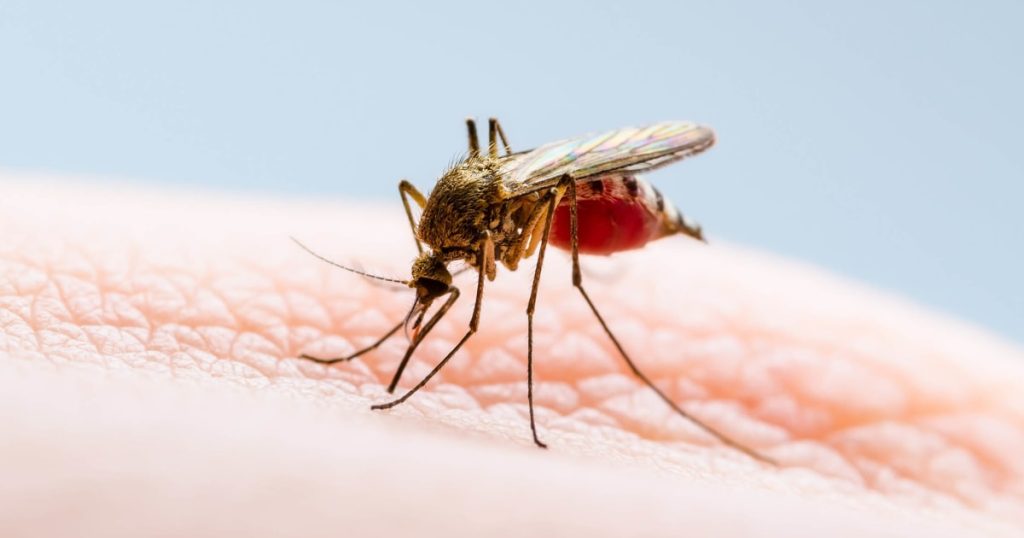A person in New York has died from the mosquito-borne Eastern equine encephalitis (EEE) virus, marking the state’s first case since 2015 and the second death from the disease in the U.S. since late August. EEE has been detected in six states this year, as reported by the U.S. Centers for Disease Control and Prevention. This, along with other mosquito-borne diseases currently circulating in the U.S., has raised concerns about when mosquitoes will go away.
Experts say that while the U.S. has officially entered fall, mosquito season is not over yet. August and September are peak months for mosquito-borne illnesses in the U.S. due to the ample time the populations have had to grow and spread viruses. Other diseases spread locally by mosquitoes in the U.S. include West Nile virus, which has caused 659 cases in 43 states, and dengue fever, which has resulted in over 3,200 locally acquired cases in California, Florida, the Virgin Islands, and Puerto Rico.
When mosquitoes go away until the next season depends on where you live in the U.S. and how quickly it gets cold. Mosquitoes are not active when temperatures are under 50 degrees Fahrenheit, but they do not die off at this temperature. Instead, they become dormant and will become active again when temperatures rise. In warmer regions like Florida where frosts are less common, mosquitoes may remain active throughout the year. Climate change can also extend the mosquito season in areas where winters are milder.
Mosquitoes typically become less active after dusk, as they tend to rest and “go away” at night. The timing of dusk and when it ends will vary depending on your location and the time of year. Health officials in areas where mosquito-borne diseases are prevalent, such as New York and Massachusetts, have advised residents to take precautions to prevent bug bites. This includes wearing long, loose-fitting clothing outdoors, minimizing time outside during peak mosquito hours, using EPA-registered insect repellent and treated clothing or gear, and ensuring that windows and doors have screens to keep mosquitoes out. Residents are also encouraged to regularly empty out water-holding containers, which can serve as breeding grounds for mosquitoes.


